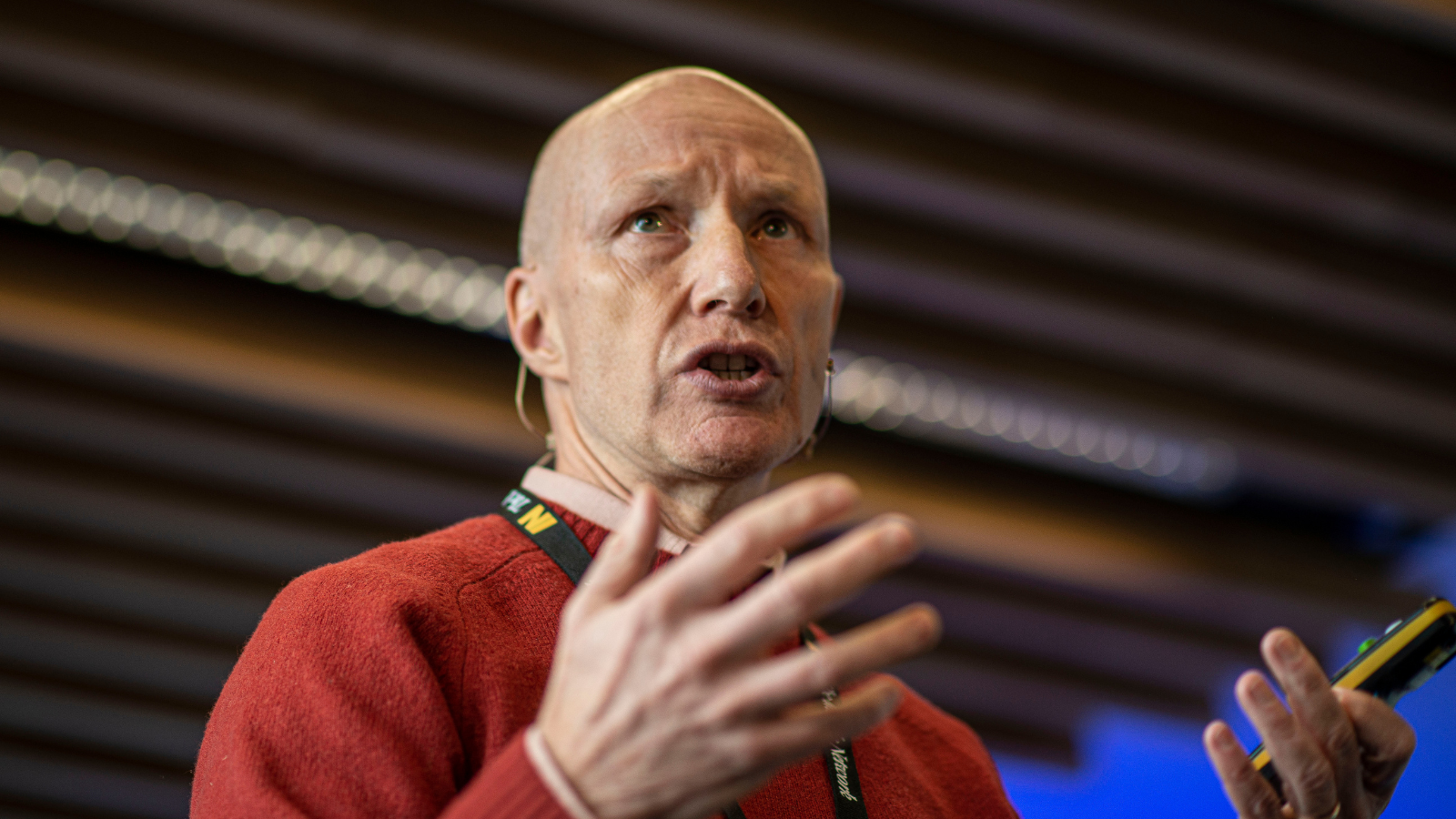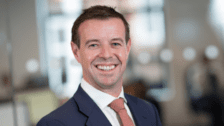Australian Ethical to ‘push more’ across asset classes in search of greater market power
A move towards hawkish rhetoric from central bankers and uncertainty about whether the global economy is on track for a soft landing is offsetting a broadly positive start to markets in 2024, and casting doubt on whether the rally that started in late 2023 can be maintained.
According to Australian Ethical (AE) CIO Ludovic Theau, multiple outcomes are feasible. The key is to prepare for any.
“Obviously, the current environment remains uncertain; we could see a scenario where markets do very well this year, or we could go into a recession,” Theau tells The Inside Adviser. “What we’ve been focused on is positioning the portfolio in a way that we can accommodate any situation. Diversification is critical to us, of course; some level of downside protection is also critical, but we can’t give up on the growth alternatives, especially if there are positive scenarios ahead.”
“We tend to be a systematic global equities investor so we’re looking at developing our active global equities capability. We’re also looking actively at private markets, and infrastructure and renewable energy remains an attractive asset class, especially if you’re trying to diversify your risk profile. Sectors where we’re still cautious? Property, obviously, and particularly commercial properties with the change to a combination of office and remote working we’ve seen post Covid.”
But sky-high valuations in global equities, and specifically the tech sector responsible for nearly the entire index return, are cause for some consternation – especially in a benchmark constrained environment. AE still has a bias towards small caps; they’re a good place to contribute to the energy transition and effect impact. And while it’s seeing discounts on illiquid assets, they aren’t yet steep enough.
“The challenge is trying to assess the quantum of discount you can expect on the assets and whether you plunge into the market today or not? We might be faced with a scenario where the venture and private equity markets suffer for the next couple of years, so is now the right time to play? We’re still exploring that.”
While AE has “very strong capabilities” in domestic equities and multi-asset, Theau wants to keep growing its capabilities across other asset classes. Fixed income, global equities, and private markets are the three sectors where it’s ready to “push more”.
“We need to move to being more active in global equities. That could potentially mean partnerships with offshore players or acquiring to expand our in-house capabilities in global equities. So that’s all ahead of us.”
The merger with Christian Super in late 2022 brought around 30,000 new members and a private markets portfolio. It also precipitated a shake-up with its administrators, with the company switching from Link and Mercer to GROW Inc. But the most obvious benefit is the $2 billion of FUM it added.
“We’ve got more critical mass, so more market power,” Theau says. “In terms of diversification and risk, acquiring assets and expertise in private markets has been quite beneficial. Impact investing is a big thematic these days and Christian Super was a well-established impact investor.”
Theau joined AE after 10 years at Clean Energy Finance Corporation (CEFC) and wants to help set AE on a similar growth trajectory.
“Australian Ethical has got this strong growth trajectory, and so for me it’s the same scenario as for the CEFC. We’re taking a $10 billion business and aiming to double or treble the size of our organisation by 2030; the challenge and excitement for me is taking our company to another level.”










